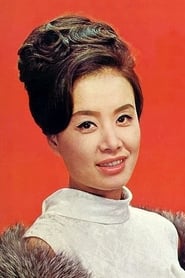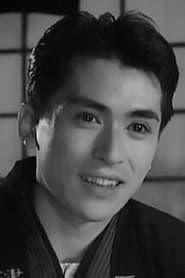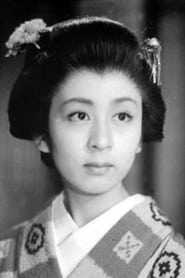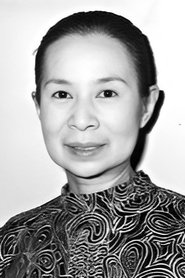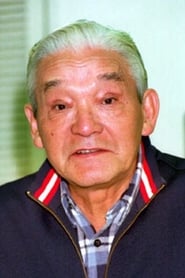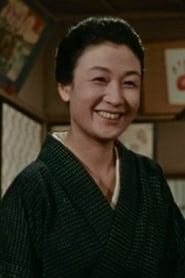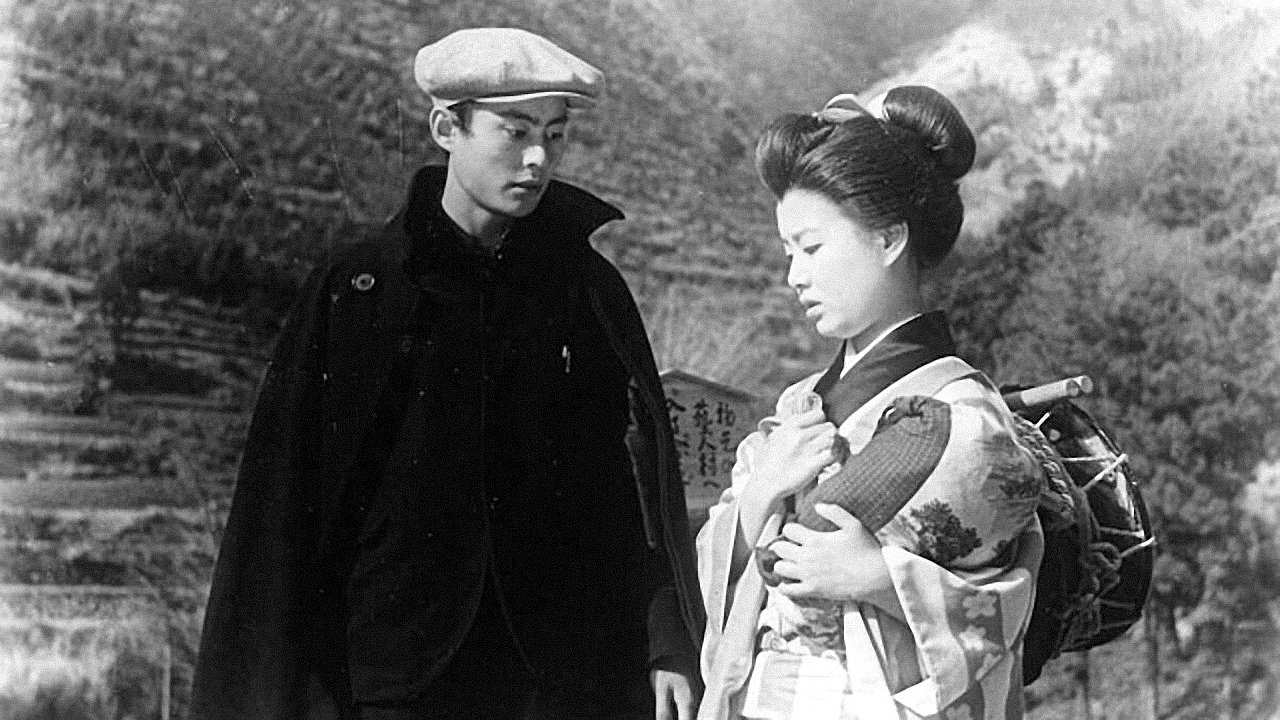
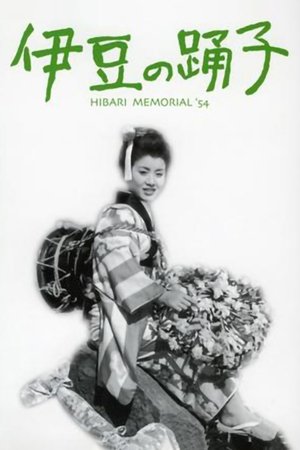
Dancing Girls of Izu(1954)
A dancer girl in a touring company met a high school boy in a port town. The story is about their first love that is very touching and sorrowful. An adaptation of the Kawabata Yasunari short story.

Movie: Dancing Girls of Izu
Top 10 Billed Cast

伊豆の踊子
HomePage
Overview
A dancer girl in a touring company met a high school boy in a port town. The story is about their first love that is very touching and sorrowful. An adaptation of the Kawabata Yasunari short story.
Release Date
1954-03-31
Average
0
Rating:
0.0 startsTagline
Genres
Languages:
日本語Keywords
Similar Movies
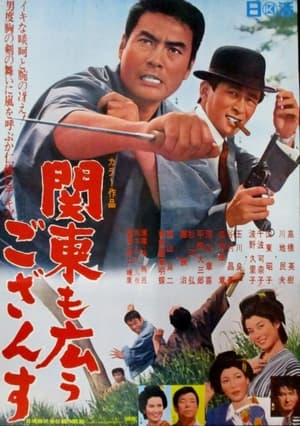 0.0
0.0The Kanto Region Is Also Expanding(ja)
A man who was released from prison wanders around the Kanto region and gets involved with the local yakuza.
 6.3
6.3September 1923(ja)
Based on the murder of nine street peddlers in the aftermath of the Great Kanto earthquake.
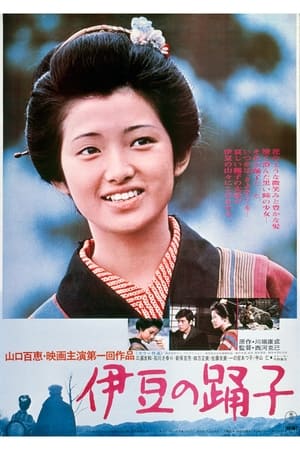 8.0
8.0The Izu Dancer(ja)
While vacationing in the Izu peninsula, a high school student Kawashima becomes intrigued by Kaoru, a pretty young dancer in a troupe of travelling performers, and he tags along with them on their journeys.
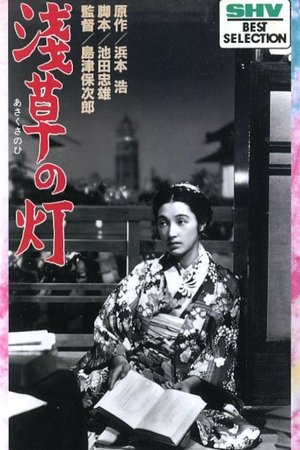 5.6
5.6The Lights of Asakusa(ja)
Pre-war Asakusa was a riotous district of cabarets, dance-halls and brothels - a striking backdrop for Shimazu's story of innocence and experience. Pretty, young Reiko is the new dancer in an infamous theatre troupe, and her fellow performers try to protect her virtue in a land of vice. Meanwhile, an ageing actor wants to be a hero off stage as well as on, and the troupe matriarch Marie has to keep them all together.
 5.8
5.8Haikara-san: Here Comes Miss Modern Part 1(ja)
The story follows Benio "Haikara-san" Hanamura, who lost her mother when she was very young and has been raised by her father, a high-ranking official in the Japanese army. As a result, she has grown into a tomboy - contrary to traditional Japanese notions of femininity, she studies kendo, drinks sake, dresses in often outlandish-looking Western fashions instead of the traditional kimono, and is not as interested in housework as she is in literature. She also rejects the idea of arranged marriages and believes in a woman's right to a career and to marry for love.
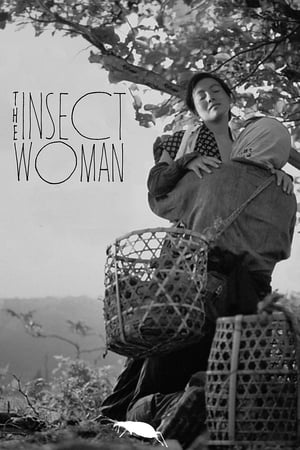 7.4
7.4The Insect Woman(ja)
A woman, Tome, is born to a lower class family in Japan in 1918. The title refers to an insect, repeating its mistakes, as in an infinite circle. Imamura, with this metaphor, introduces the life of Tome, who keeps trying to change her poor life.
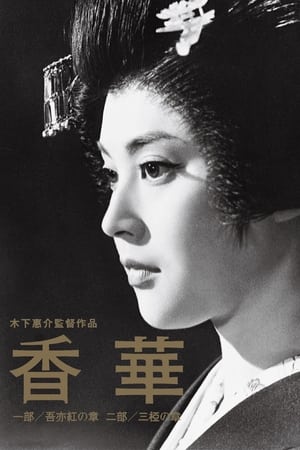 7.2
7.2The Scent of Incense(ja)
After her mother runs away from home, Tomoko is raised to be a geisha. One day Tomoko meets her mother in a red-light district in Tokyo and her life deeply gets in trouble.
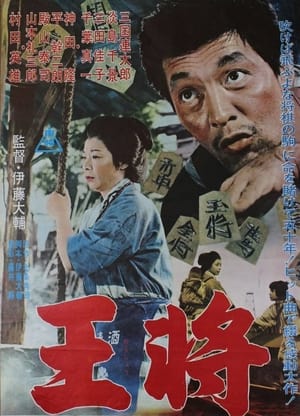 0.0
0.0The Grand Master(ja)
Shogi, a Japanese form of chess, is a game that requires skill and determination. When poor sandal-maker Sakata decides to pursue his dream of becoming the Shogi Grand Master Champion, everything is at stake – including his family. What will it cost for Sakata to follow his passion?
 7.7
7.7Hachiko(ja)
The tragic, true story about Hachikō, an Akita dog who was loyal to his master, Professor Ueno, even after Ueno's death.
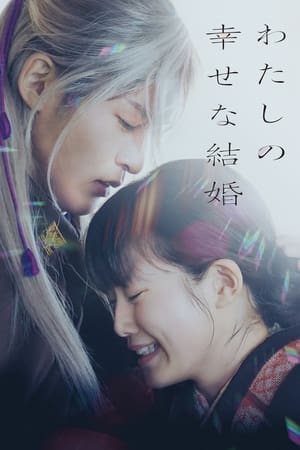 7.2
7.2My Happy Marriage(ja)
An unhappy young woman from an abusive family is married off to a fearsome and chilly army commander. But the two learn more about each other, love may have a chance.
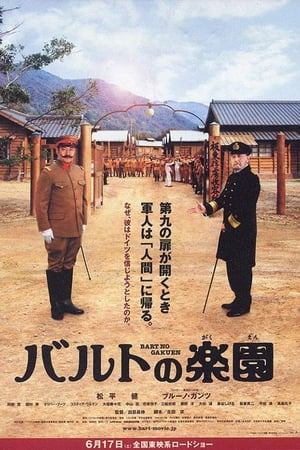 4.5
4.5The Ode to Joy(ja)
Based on the true story of the Bandō prisoner-of-war camp in World War I. It depicts the friendship of the German POWs with the director of the camp and local residents at the stage of Naruto, Tokushima Prefecture, in Japan.
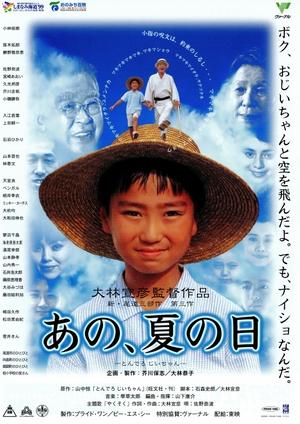 0.0
0.0One Summer's Day(ja)
Veteran filmmaker Nobuhiko Obayashi rounds out the second of his two trilogies about his hometown of Onomichi with this film about the budding relationship between a young lad and an eccentric old man. Fifth-grader Yuta (Takuro Atsugi) is a typical city child looking forward to a summer of reading comic books and playing video games. Instead, he is bundled off to his grandparent's house on the Inland Sea. His grandfather, Yuta's parents explain, has been acting strangely as of late -- he eats the offerings in the family altar and once tried to lead attendants at a funeral in a rousing round of calisthenics. Since his mother and father are swamped with work, and his elder sister (Nana Sano) is studying for college entrance exams, Yuta has been asked to look after Grandpa. The old man takes Yuta on a tour of Onomichi, regaling him with 70 years of its history. Along the way, Grandpa slips in and out of the past, increasingly unable to discern between the two.
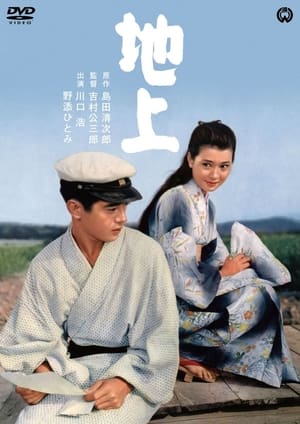 0.0
0.0On This Earth(ja)
Ichiro’s family used to be a large landowner, but now he is living in poverty with his mother. His mother works hard to get her son through school. Under such circumstances, Ichiro meets Wakako, the daughter of a wealthy man, and they fall in love with each other, but they are opposed by those around them because of their different social status.
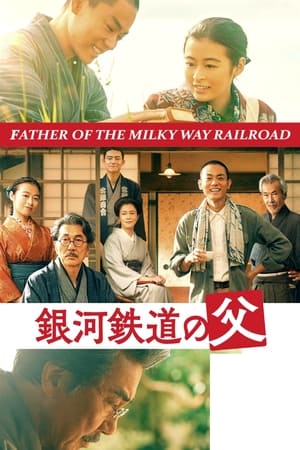 6.0
6.0Father of the Milky Way Railroad(ja)
Kenji, the eldest son of Masajiro, a wealthy moneylender, refuses to work in the family business and becomes obsessed with farming, jewelry and religion.
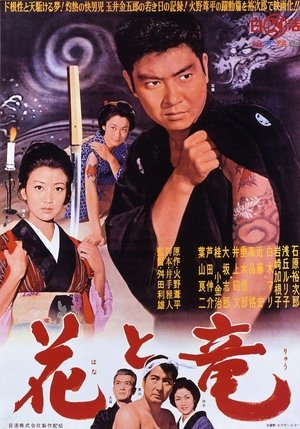 0.0
0.0A Man With Dragon Tattoos(ja)
In the late 1890s, coal is a precious new natural resource. During an era of rapid economic growth, dreams are instilled into the lives of many across Japan. A vigorous young man with a look of fearless determination, sets foot on the northern part of Kyushu, an area where Yakuza thrived. His name is Kingoro Tamai (Yujiro Ishihara). With plans to travel the world, Kingoro worked diligently at a coal mine. His loyalty and hard work earned the respect of his peers, his courage won the heart of the beautiful Mon (Ruriko Asaoka), and his success evoked jealousy in his enemies.
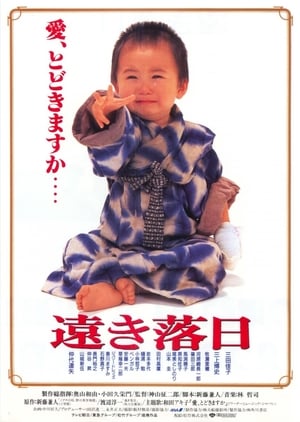 0.0
0.0Faraway Sunset(ja)
Faraway Sunset tells the story of the famed bacteriologist who is known to have discovered the agent that cause syphilis, and for his relentless search for a cure to yellow fever. As a toddler, his mother's neglect had caused an accident to his left hand, fusing together all the fingers in a bizarre twist of fate. Naturally extremely remorseful for being the cause of her son's handicap, she does everything she could to ensure that he gets to lead a normal life, despite having to fend off bullies and unfair prejudices.
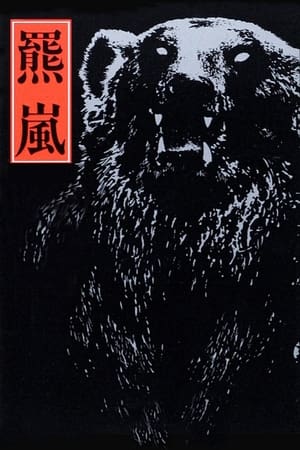 0.0
0.0The Bear Storm(ja)
An adaptation of Akira Yoshimura's original suspense novel starring Rentaro Mikuni. 4th year of the Taishō era. About 15 families who moved in search of agricultural land to the land of the pioneers in Hokkaido led a peaceful life. One day, one of the pioneers, Mikio Shimakawa's wife Yura, and her child Taichi are attacked and killed by a bear that cannot hibernate. To resolve the situation, Shimakawa goes against all odds and turns to Ginshiro, the most hated hunter in the village, for help. While Shimakawa was away from the village, Yura and his friends were holding a funeral, the bear attacked again...
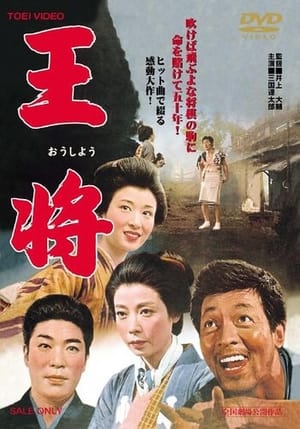 0.0
0.0The King(ja)
The film takes place at the junction of the two eras of Meiji and Taisho. Sakata Sankichi, an uneducated zori sandal maker, becomes a professional shogi player through his genius shogi skills and lives a fanatically devoted shogi game supported by the love of his family. This is the 3rd adaptation of Hideji Hojo's famous play.
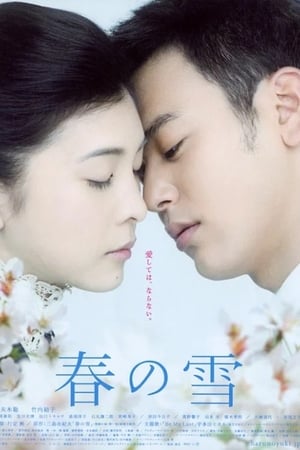 4.0
4.0Spring Snow(ja)
Based on the first novel, Spring Snow, of Mishima Yukio's Sea of Fertility tetralogy, it follows the troubled and illicit affair between two youngsters amongst the aristocracy and rich of early twentieth century Japan.
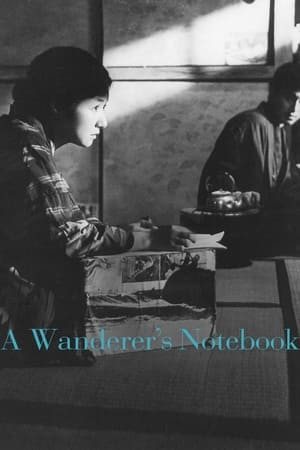 7.2
7.2A Wanderer's Notebook(ja)
Considered one of the finest late Naruses and a model of film biography, A Wanderer’s Notebook features remarkable performances by Hideko Takamine – Phillip Lopate calls it “probably her greatest performance” – and Kinuyo Tanaka as mother and daughter living from hand to mouth in Twenties Tokyo. Based on the life and career of Fumiko Hayashi, the novelist whose work Naruse adapted to the screen several times, A Wanderer’s Notebook traces her bitter struggle for literary recognition in the first half of the twentieth century – her affairs with feckless men, the jobs she took to survive (peddler, waitress, bar maid), and her arduous, often humiliating attempts to get published in a male-dominated culture.
